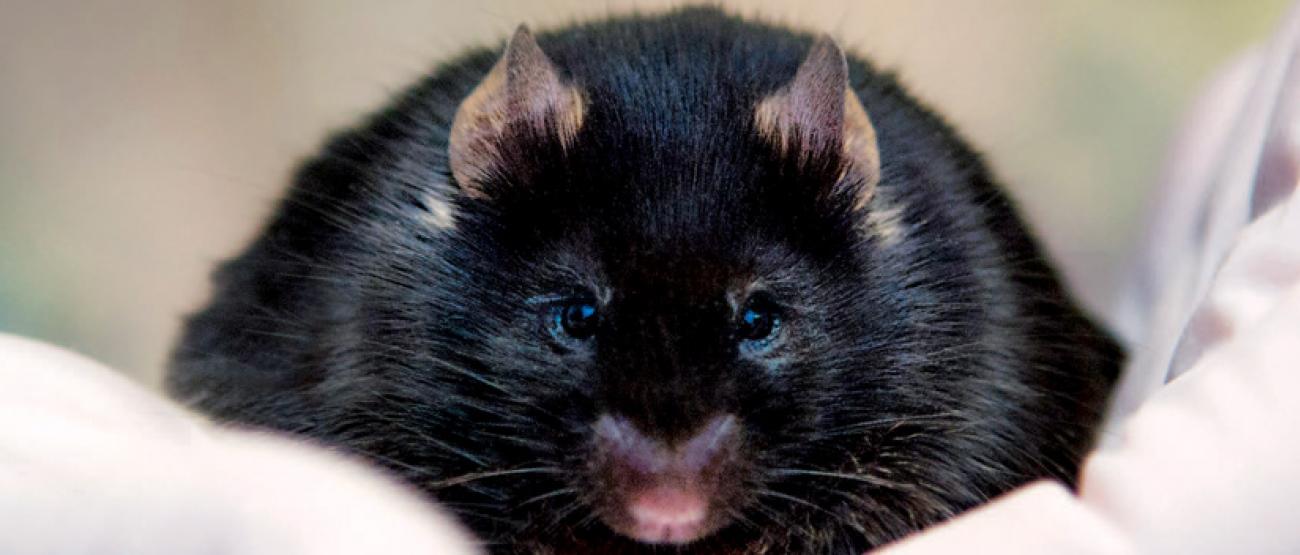Diet and Back Pain: What's the Link?
Disc Degeneration
Diet and Back Pain: What's the Link?

Can a diet high in processed fat and sugar and Type 2 diabetes cause degeneration of intervertebral discs in the spine? If so, what is happening, and can it be prevented? As part of an ongoing collaboration between Rensselaer and the Icahn School of Medicine at Mount Sinai—a partnership that draws upon the expertise of both schools to address significant health problems—researchers hope to answer those questions by investigating the link between diet, obesity-linked Type 2 diabetes, and intervertebral disc degeneration.
Researchers on the project suspect the diet associated with Type 2 diabetes—one high in processed fats and sugars—causes inflammation and modification of disc tissue, triggering a chain of responses, which leads to degeneration. To test this hypothesis, the researchers have set three goals: to establish whether mice fed a diet associated with Type 2 diabetes will develop intervertebral disc degeneration, isolate the effect of diet causing changes in the tissue, and evaluate how the diet modifies proteins within the disc.
Deepak Vashishth, a professor of biomedical engineering and the Rensselaer lead on the project, said the partnership makes it possible to tackle a project of this complexity.
“We’re trying to establish the mechanism whereby this diet, and Type 2 diabetes, leads to disc degeneration, and that’s not an easy thing to do because, within the body, various processes are linked and feedback loops are difficult to unravel,” said Vashishth, who is also the director of the Center for Biotechnology and Interdisciplinary Studies. “To investigate this question, you need the mix of experts from different disciplines with different skill sets that the partnership allows.”
At the core of the research project are the effects of advanced glycation endproducts (AGE)—proteins or lipids that have become coated in sugars, which damage their function. Research suggests that a diet high in heat-processed foods, including fried foods, plays a role in AGE formation.
At Rensselaer, researchers will analyze various mouse and human tissue samples, helping to determine how healthy disc tissue in humans and mice differs from the tissue of patients and mice that have developed disc degeneration, as well as mice that have been treated with a drug intended to block the effects of a diet high in AGEs on the spine.
Research